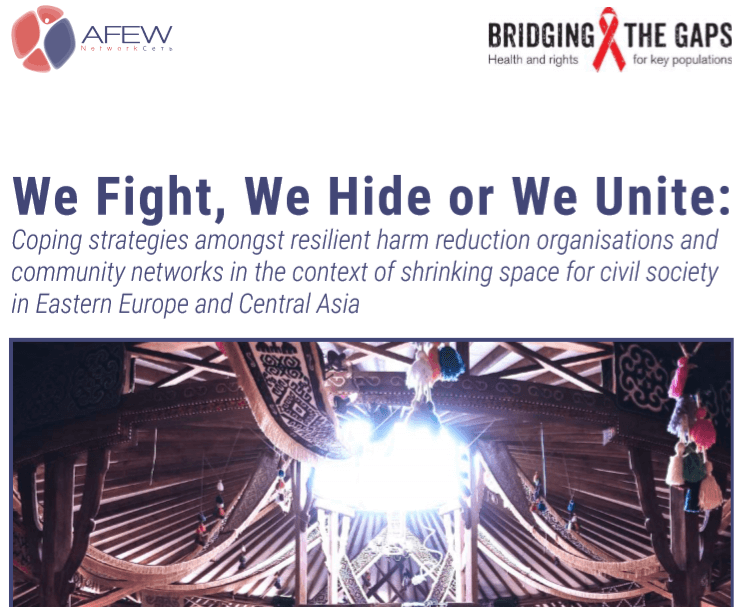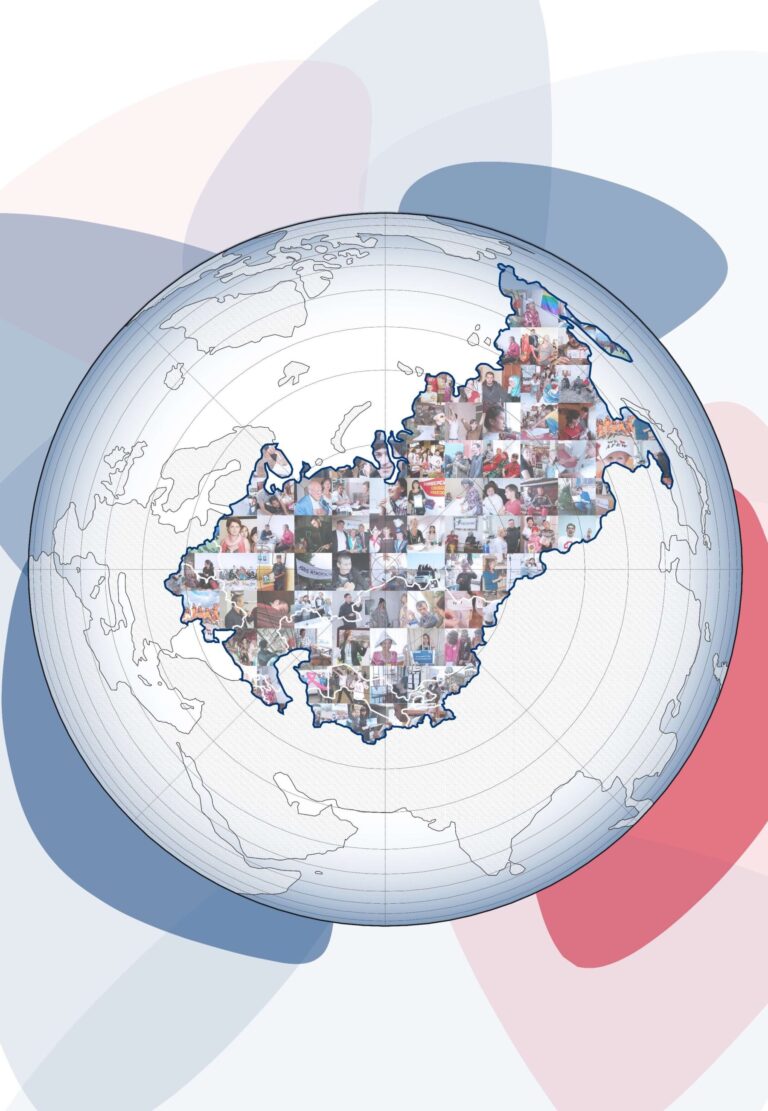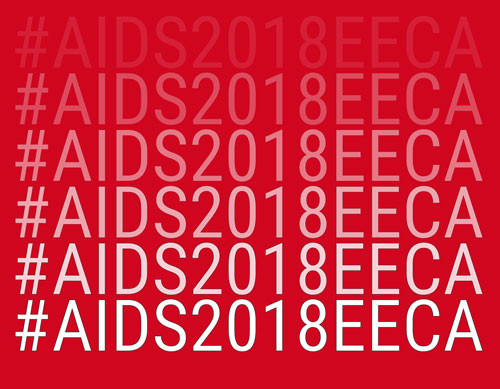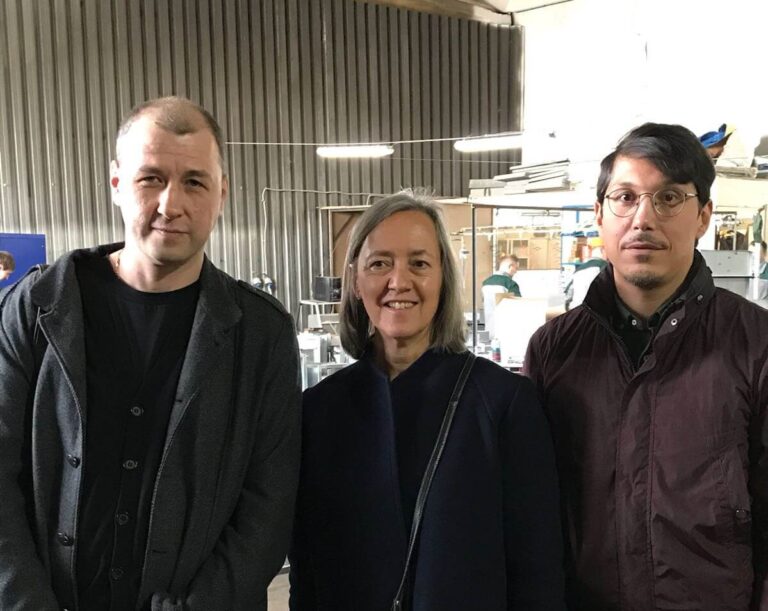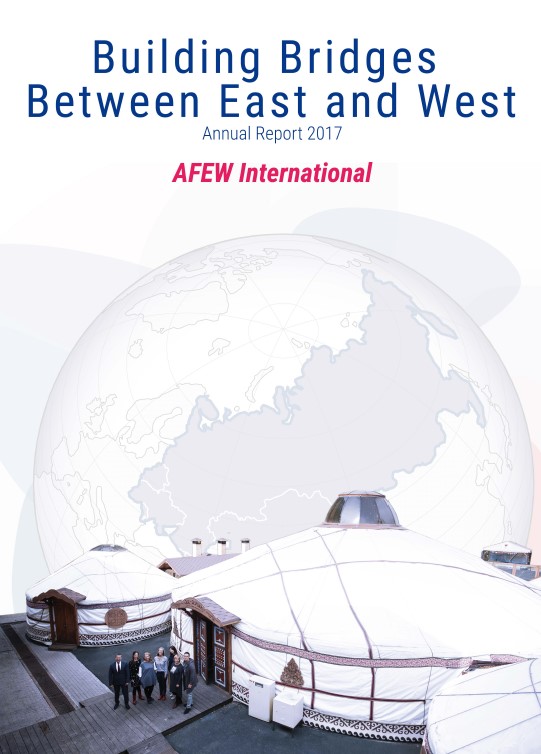
Red Ribbon Day kick-started the International AIDS Conference
Red Ribbon Day on May 16 2018, was a kick-off to a summer focused on HIV/AIDS which culminates with the International AIDS Conference AIDS 2018in Amsterdam, July 23-27. The events that took place during the day were aimed at raising awareness of the global AIDS epidemic, bringing people together and acknowledging the progress made in combatting the problem. Red ribbon symbolizes solidarity with people living with HIV and AIDS and was chosen as an appropriate symbol for this special day.

